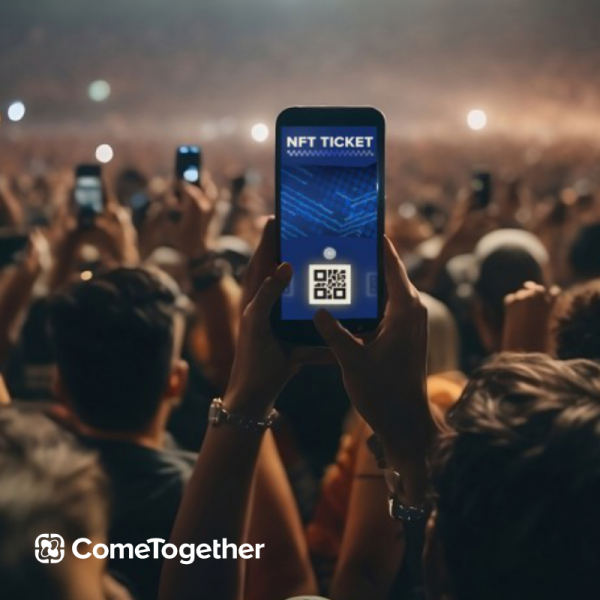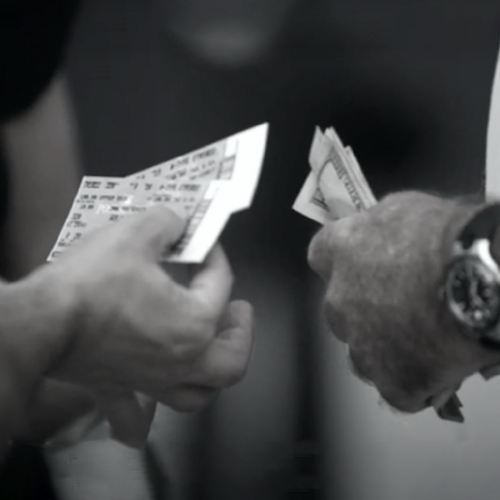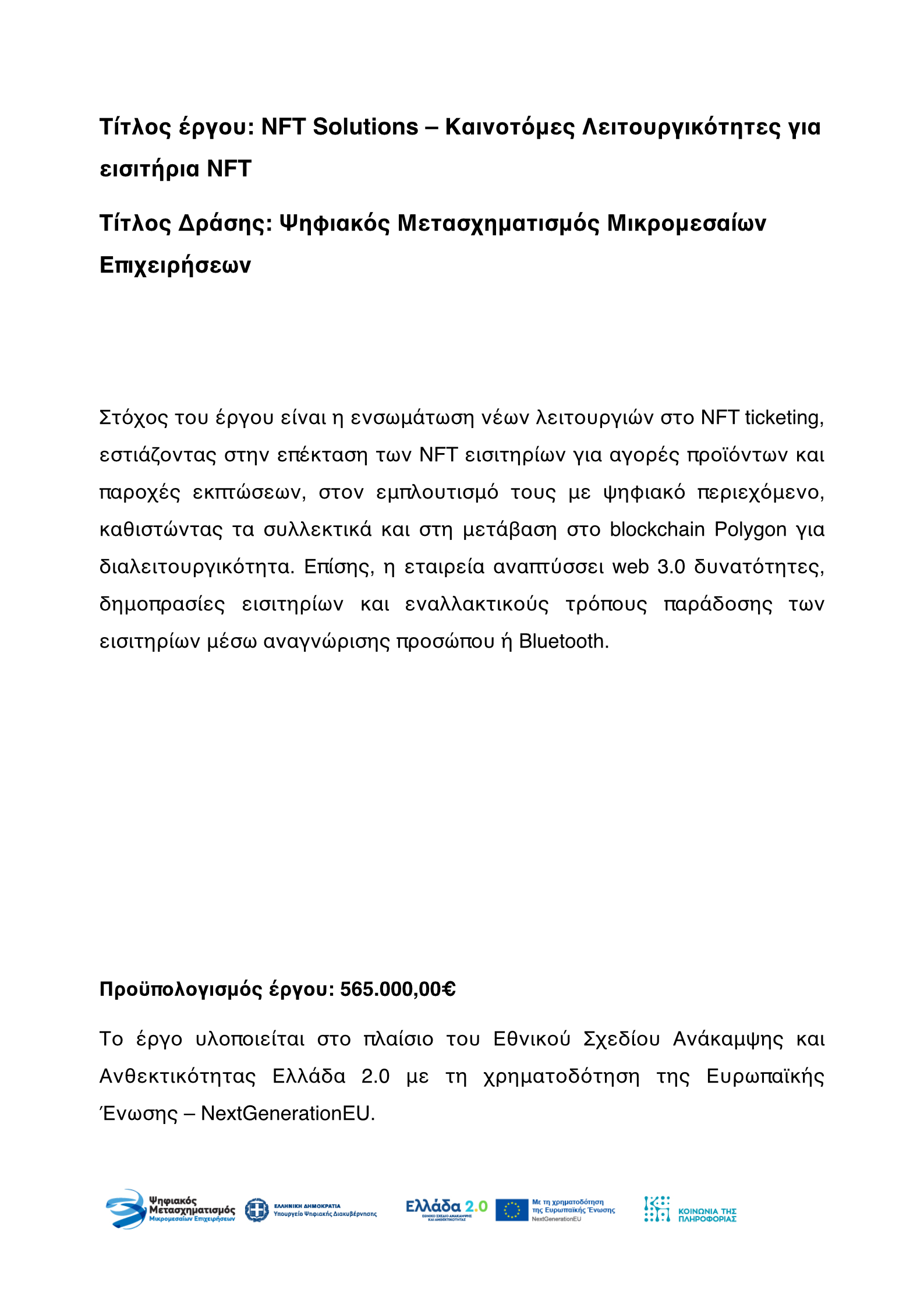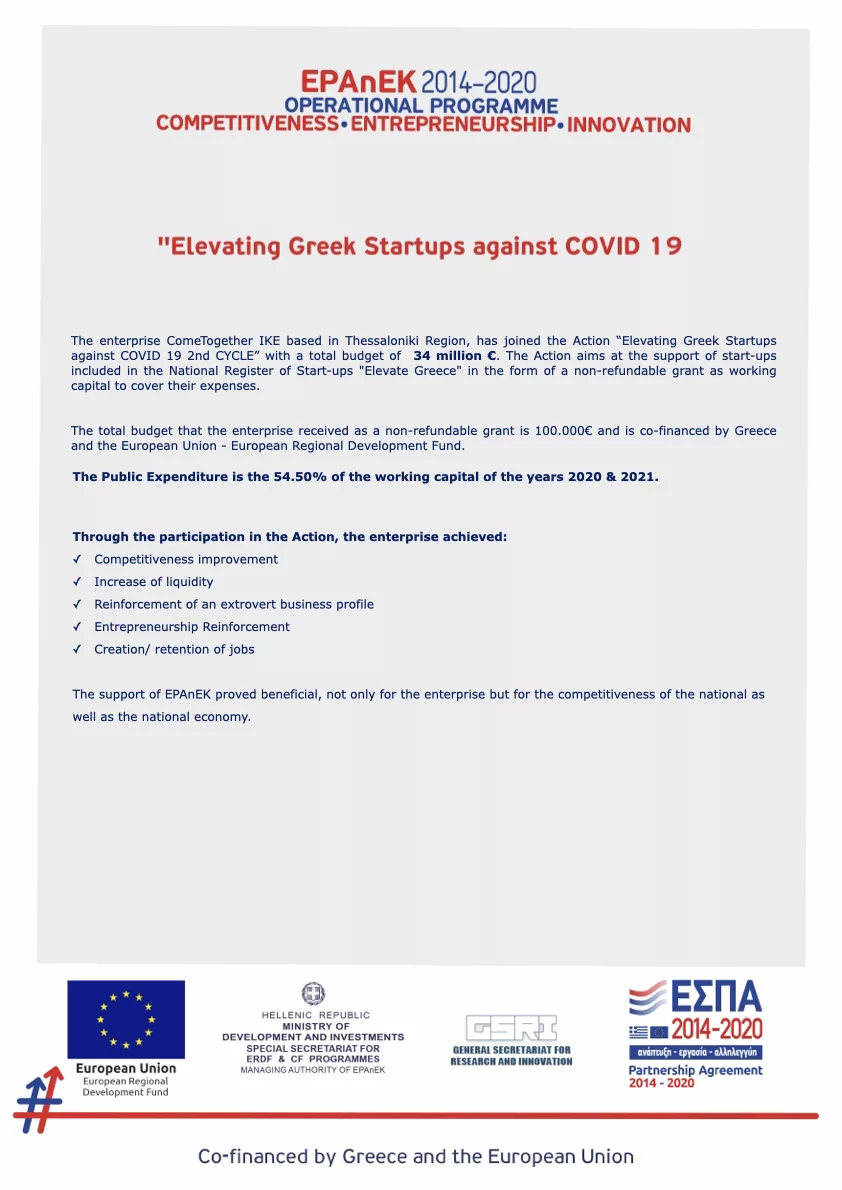In the fast-evolving world of blockchain technology, non-fungible tokens (NFTs) have gained prominence across various industries. One particularly innovative application is in the event ticketing industry, where NFT tickets with dynamic pricing are becoming a powerful tool for organizers. This technological shift not only enhances the experience for attendees but also offers significant benefits for event organizers. Here’s how dynamic pricing NFT tickets are changing the game for those planning and hosting events.
How Dynamic Pricing NFT Tickets Benefit Organizers

Table of Contents
– Overview of Dynamic Pricing and NFT Tickets
– Why NFT Tickets are Revolutionizing Event Management
Maximizing Revenue with Dynamic Pricing
– Real-Time Price Adjustments Based on Demand
– Capturing Revenue from High-Demand Periods
– Blockchain-Secured Transactions
– Preventing Counterfeiting and Unauthorized Resales
– Use of Smart Contracts to Control Resale Prices
Enhanced Fan Engagement and Loyalty
– Offering Unique Perks and Digital Content
– Building a Loyal Community of Attendees
– Monetizing Beyond the Event
Streamlined Operations and Data Insights
– Automation of Ticket Sales and Verification
– Reducing Administrative Burden
– Gaining Audience Insights from Blockchain Data
Maximizing Revenue with Dynamic Pricing

One of the most immediate benefits for organizers using dynamic pricing NFT tickets is the ability to maximize revenue. Unlike traditional static pricing models, where the price remains constant regardless of demand fluctuations, dynamic pricing allows ticket prices to adjust in real-time based on demand, time to the event, or other factors. This model ensures that prices can increase as tickets become scarcer, helping organizers capitalize on high-demand periods.
For example, if an event is trending on social media or a popular artist is announced, the ticket prices can rise automatically to reflect increased interest. This way, organizers capture additional revenue that would otherwise be missed in a fixed-price model, ensuring the event’s profitability while responding to market dynamics.
Reduced Scalping and Fraud

NFT-based ticketing offers a blockchain-secured, immutable system of ownership and transfer, which significantly reduces the possibility of fraudulent activity, such as scalping or counterfeit tickets. Traditional ticketing systems often struggle with scalpers buying large numbers of tickets and reselling them at exorbitant prices, leaving both organizers and genuine fans at a disadvantage.
With NFT tickets, the traceability and transparency of blockchain technology mean that tickets can only be sold through authorized platforms. Organizers can program smart contracts into the NFTs, allowing them to control resale prices or even receive a percentage of resales. This keeps profits within the official event ecosystem, reducing the negative impact of third-party scalpers while enhancing the overall security of the ticketing process.
Enhanced Fan Engagement and Loyalty
Dynamic NFT tickets can offer far more than just access to an event. Organizers can use the NFTs as a way to enhance fan engagement by including exclusive digital content, perks, or collectibles that attendees can access before, during, and after the event. For example, attendees may receive a special edition NFT that unlocks behind-the-scenes videos, exclusive merchandise offers, or meet-and-greet opportunities with performers.
This added layer of engagement not only enhances the fan experience but also builds a loyal community of attendees who are more likely to attend future events. Moreover, by offering unique digital assets tied to the event, organizers create a new avenue for monetization beyond the event itself.
Streamlined Operations and Data Insights
The use of blockchain technology for ticketing can significantly streamline the ticket distribution and verification process. Because NFT tickets are digital assets on the blockchain, the entire ticket lifecycle—from purchase to verification at the event gate—is automated and secure. This reduces administrative burdens for organizers and cuts down on costs associated with paper tickets or manual verification.
Furthermore, NFT tickets provide organizers with valuable data insights. Since every transaction is recorded on the blockchain, organizers can track how tickets are transferred or resold, allowing them to gain a deeper understanding of their audience. These insights can be used to tailor marketing strategies, optimize pricing models for future events, and enhance overall operational efficiency.
Dynamic pricing NFT tickets represent a powerful fusion of blockchain technology and event management. For organizers, the benefits are substantial: from maximizing revenue and minimizing fraud to enhancing fan engagement and streamlining operations. As this technology continues to evolve, event organizers who adopt dynamic pricing NFT tickets will be well-positioned to thrive in an increasingly digital and decentralized world. By leveraging the flexibility and security of NFTs, organizers can not only elevate the event experience but also unlock new opportunities for growth and profitability.
FAQs
What are NFT tickets?
NFT tickets are digital assets that represent a ticket to an event, stored on the blockchain. Unlike traditional tickets, they are secured, verifiable, and unique due to the non-fungible nature of NFTs. This makes them tamper-proof and prevents counterfeiting.
How does dynamic pricing work for NFT tickets?
Dynamic pricing adjusts ticket prices in real-time based on factors like demand, availability, or time to the event. If demand increases, prices go up; if demand slows, prices can drop. This flexibility allows organizers to maximize revenue by capitalizing on high-demand periods and ensuring tickets are sold at the optimal price.
What are the main benefits of dynamic pricing NFT tickets for organizers?
Key benefits include:
- Maximizing revenue by adjusting prices in response to demand
- Reducing scalping and fraud with blockchain-secured transactions
- Enhancing fan engagement through unique perks, digital content, and collectibles
- Streamlining operations by automating ticket sales and verification processes.
- Providing valuable data insights about audience behavior and ticket resale patterns.
How do NFT tickets help prevent scalping and fraud?
NFT tickets are verified through blockchain technology, making it impossible for counterfeit tickets to exist. Organizers can also control how tickets are resold using smart contracts, limiting reselling prices or ensuring a share of resale profits goes back to the event organizer.
Can fans resell their NFT tickets?
Yes, fans can resell their NFT tickets, but the terms of resale can be controlled by the event organizer. For example, smart contracts can enforce resale limits or give organizers a percentage of any resale, ensuring that both organizers and fans benefit from the secondary market.
What data insights can organizers gain from using NFT tickets?
Blockchain technology provides detailed insights into the entire lifecycle of a ticket, from the original purchase to any resale or transfer. Organizers can analyze this data to better understand their audience, optimize future pricing strategies, and improve marketing efforts.
What happens if a fan can’t attend an event and wants to sell their NFT ticket?
Fans can resell their NFT tickets on authorized platforms. Depending on the smart contract terms, organizers may enforce certain resale conditions, such as capping resale prices or taking a percentage of the resale value.
Is using NFT tickets more expensive for organizers compared to traditional tickets?
While there may be upfront costs associated with integrating blockchain technology, the long-term benefits of reduced fraud, increased revenue from dynamic pricing, and new monetization opportunities through digital content can outweigh these initial expenses.
How do NFT tickets affect the attendee experience?
For attendees, NFT tickets not only offer secure access to events but also deliver additional benefits like exclusive content or collectibles. Fans enjoy a more interactive and personalized event experience, which can increase overall satisfaction and loyalty.

















